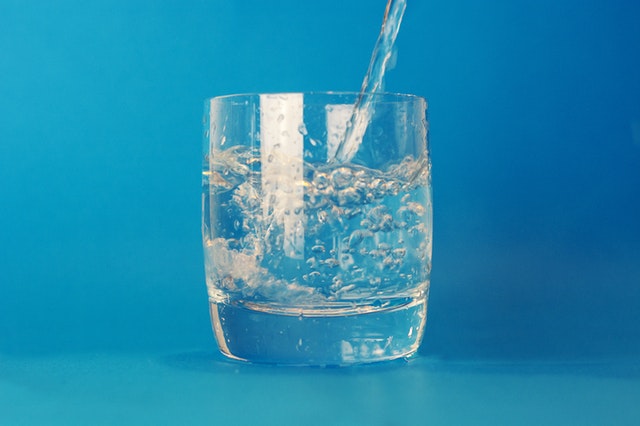The number of Cryptosporidium detections has doubled in Irish drinking water supplies in the past two years, posing a risk to human health.
The EPA has seen detections of Cryptosporidium in 25 public water supplies in 2018, up from 17 in 2017 and 12 in 2016.
In Donegal, the EPA detected inadequate Cryptosporidium treatment in three public water supplies.
Cryptosporidium is a parasite found in human and animal waste that can cause persistent diarrhoea.
Creeslough, Glenties-Ardara and Letterkenny are all on the Remedial Action List (RAL) for the lack of adequate Cryptosporidium treatment.
Action has been taken to address the issue in the Creeslough and Glenties-Ardara, according to the RAL list. The two supplies remain on the list as the water treatment plant upgrades must be checked after a 3 month period to demonstrate the effectiveness of works.
Works are currently underway in Letterkenny to upgrade the water treatment plant to include a barrier for Cryptosporidium removal. This is expected to be completed in October.
The EPA has said that the quality of drinking water in Ireland’s public supplies remains high with 99.9% compliance with microbiological parameters and 99.6% compliance with chemical parameters.
Commenting on the Drinking Water Quality in Public Supplies Report 2018, Dr Tom Ryan, Director of the EPA’s Office of Environmental Enforcement said:
“We are seeing an upward trend in Cryptosporidium contamination in drinking water supplies. We know that Cryptosporidium can cause serious gastrointestinal illness, particularly in young children and the elderly, and the EPA has ensured that Irish Water has investigated each of these Cryptosporidium detections.
“Irish Water must make certain that water treatment plants are properly and effectively operated to protect public health. Those plants without appropriate treatment for Cryptosporidium need to be prioritised for investment by Irish Water.”
Tags:





